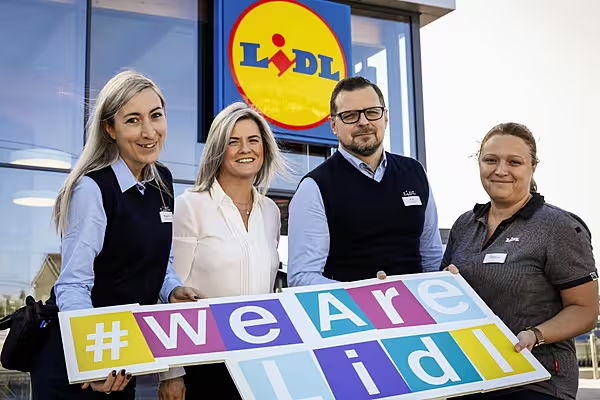LVMH, the world's largest luxury company, reported a 17% rise in first-quarter sales, more than double analysts' expectations, as China rebounded sharply after COVID-19 lockdowns.
Sales at the French company, which owns the Louis Vuitton and Dior fashion houses, as well as Hennessy cognac and US jeweller Tiffany, came to €21.04 billion ($23.10 billion) for the three months to end-March.
The 17% growth on an organic basis, which strips out the effect of currency fluctuations and acquisitions, compared with analysts' expectations for 8% growth, according to a Visible Alpha consensus.
High-End Industry
The figures for LVMH, a bellwether for the high-end industry that has proven resilient to rising inflation and market turmoil, offered the first snapshot of the scale of the Chinese recovery after lockdowns dented sales at the end of 2022.
LVMH said first-quarter sales grew by 14% in Asia, excluding Japan, compared with an 8% decline in the fourth quarter of last year, and the group said it expected China to drive growth in 2023.
The picture was more mixed in the United States, where the strong demand that boosted European fashion houses last year is showing signs of waning, particularly among younger, lower-spending shoppers.
Sales Growth
US sales grew by 8% in the quarter, more than analysts had expected, but LVMH finance chief Jean-Jacques Guiony said most of that growth was down to brisk business at its less exclusive Sephora retail chain of beauty stores.
"For the rest, the business is slowing down a bit," he said, citing softer demand for fashion and leather goods, as well as jewellery.
LVMH made 27% of its 2022 revenues in the Americas, and 30% in Asia excluding Japan.
LVMH's shares have risen 23% since the start of the year, outperforming a 14.5% rise in the French blue-chip index and giving the luxury goods group a market capitalisation of €420 billion - double its level three years ago - cementing its lead as Europe's most valuable company.








